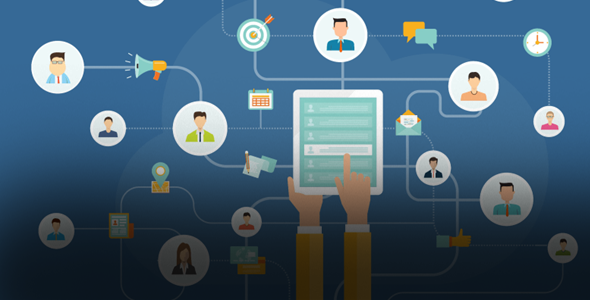
@ShahidNShah


The AI chatbot, ChatGPT, can issue patient education about colonoscopy effectively and using language that is easy for patients to understand. The researchers emphasized that use of ChatGPT in patient engagement is in its infancy and that it is too early to draw conclusions, but this preliminary data does indicate that chatbots could help fill in patient education gaps amid a worrisome provider shortage. “Especially in the current era of shared decision-making and consumerization of healthcare, patients have been actively consuming MI through multiple channels and accessing providers through electronic patient portals in an exponential magnitude, which has the potential to benefit patients but simultaneously represents a heavy burden for providers and staff,” they wrote in the study. “We envision that AI-generated MI, with appropriate provider oversight, accreditation, and periodic surveillance, could improve efficiency of care and free providers for more cognitively- intensive patient communications. ”But there are still some potential pitfalls, the researchers added. For one thing, ChatGPT is still trained on the internet, and there is the possibility that medical misinformation makes its way into ChatGPT answers. And even though the ChatGPT answers had higher average ease of understanding scores, health literacy is still a problem, the research team said. The AI-generated answers were more understandable according to the physician reviewers, but they still exceed the eighth-grade reading level experts suggest health information be communicated in.
The AI chatbot, ChatGPT, demonstrates effective delivery of patient education on colonoscopy using language that is easily understood by patients. While acknowledging that the use of ChatGPT in patient engagement is still in its early stages and drawing conclusive results is premature, the preliminary data suggests that chatbots could help address patient education gaps in the face of a concerning shortage of healthcare providers. In the current era of shared decision-making and consumerization of healthcare, patients actively seek medical information through various channels, resulting in a burdensome demand on providers and staff. The researchers envision that AI-generated medical information, with appropriate oversight, accreditation, and surveillance, could enhance care efficiency and enable providers to focus on more cognitively-intensive patient communications. However, potential pitfalls exist, including the risk of medical misinformation within ChatGPT's responses due to its internet-based training. Furthermore, although the physician reviewers found the ChatGPT-generated answers more understandable, they still exceeded the recommended eighth-grade reading level for effective health information communication, highlighting the persisting issue of health literacy.
Continue reading at patientengagementhit.com
Within an initial pilot of 256 patients, Dr. Farr had a 95% acceptance rate from patients. In the two years following a cohort of 100 new-start OUD patients, 94% remained in the medication-assisted …
Connecting innovation decision makers to authoritative information, institutions, people and insights.
Medigy accurately delivers healthcare and technology information, news and insight from around the world.
Medigy surfaces the world's best crowdsourced health tech offerings with social interactions and peer reviews.
© 2025 Netspective Foundation, Inc. All Rights Reserved.
Built on Apr 23, 2025 at 1:08pm